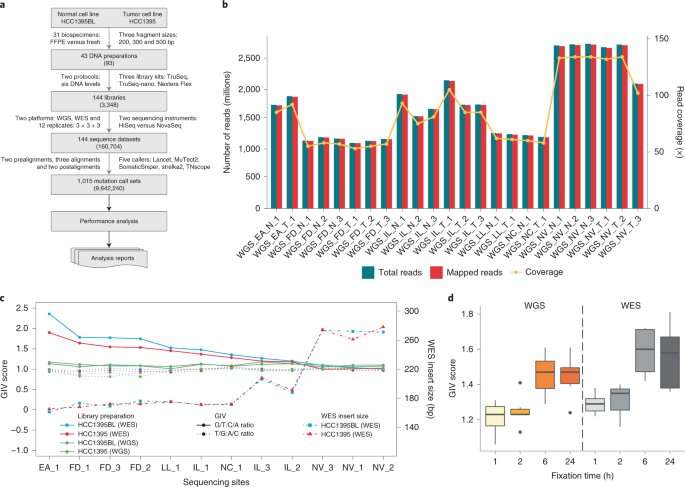A new gold standard for detecting cancer mutations

An international research collaboration has identified a new gold standard for detecting cancer mutations using genomic pathology.
"Our research set out to understand why there has been a history of low reproducibility of genomic testing results between different labs when detecting cancers," said Professor Sulev Kõks from the Centre of Molecular Medicine and Innovative Therapeutics at Murdoch University and Perron Institute.
"We found factors like sample and library preparation, differing sequencing technology and bioinformatic tools were affecting the reproducibility and performance of the genomic analytical techniques."
The research team have now developed a set recommendations and guidelines on how to improve the reproducibility and precision of the tumor mutation detection in clinical practice.
"All stages of mutation detection are interdependent and this dependency is complex," Professor Kõks said.
"There is no 'one way' to detect cancerous tumor mutations. For example, the amount of DNA sequencing needed to detect a cancer mutation will vary based on the amount of tumor content.
"Every person is different and should be treated differently. And our research provides a new tool to improve precision medicine for cancer patients."
More information: Wenming Xiao et al, Toward best practice in cancer mutation detection with whole-genome and whole-exome sequencing, Nature Biotechnology (2021). DOI: 10.1038/s41587-021-00994-5
















